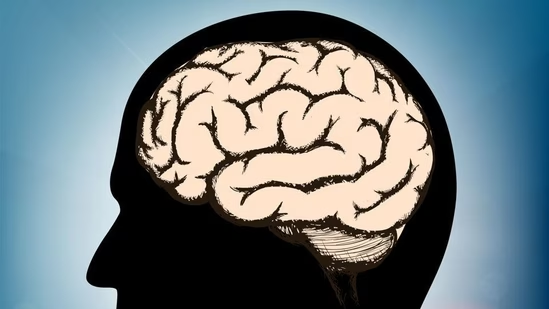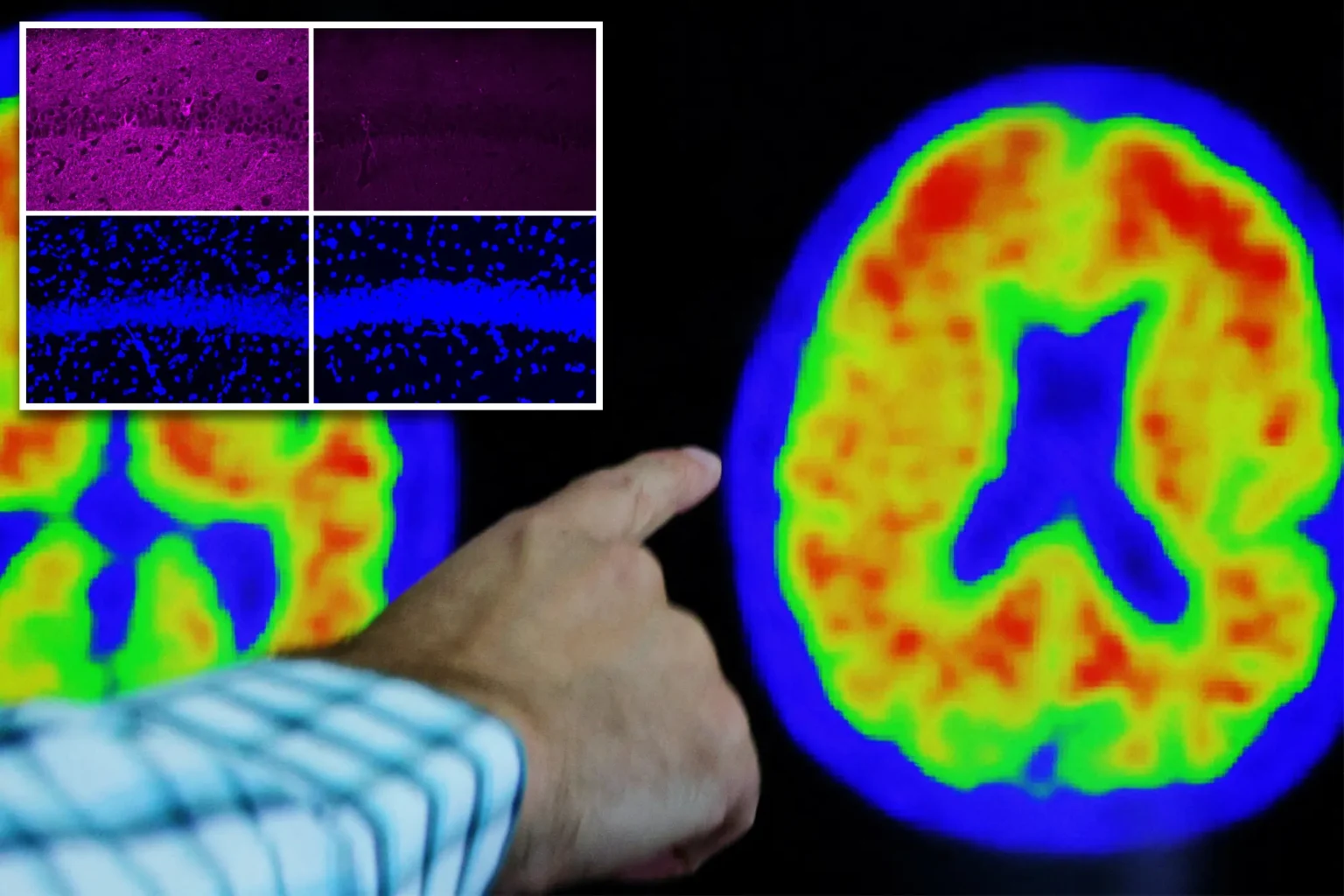Scientists Identify Key Cellular Process That Drives Dementia
In a promising breakthrough, American researchers have uncovered a crucial cellular process that drives the most common cause of dementia – Alzheimer’s disease.
This discovery could lead to the development of drug treatments that slow or even reverse the progression of the disease.
The Brain’s “First Responders”
Microglia, the brain’s primary immune cells, play a double-edged role in protecting the brain from Alzheimer’s. While some microglia promote brain health, others exacerbate neurodegeneration, fueling the disease. Understanding the differences between these cells has been a research focus for scientists.

Uncovering the Harmful Microglia
Professor Pinar Ayata, the study’s principal investigator, and her team discovered a novel neurodegenerative microglia phenotype in Alzheimer’s disease characterized by a stress-related signaling pathway. This pathway, known as the integrated stress response (ISR), causes microglia to produce and release toxic lipids that damage neurons and oligodendrocyte progenitor cells – the cell types most affected in Alzheimer’s.
Blocking the Stress Response
The researchers found that blocking the stress response or the formation of lipids reversed symptoms of Alzheimer’s in preclinical models using mice. This is a crucial step towards developing effective treatments for the disease.
Postmortem Brain Tissue Analysis
The team analyzed postmortem brain tissues from Alzheimer’s patients using electron microscopy, revealing an accumulation of “dark microglia” – a subset of cells associated with cellular stress and neurodegeneration – in diseased brain tissues.
Lowering Your Risk of Alzheimer’s
While there is no surefire way to prevent dementia, making healthy lifestyle choices can reduce your risk. The Alzheimer’s Society recommends:
- Exercising regularly to boost heart health and circulation
- Drinking less alcohol to reduce the risk of brain damage
- Quitting smoking to improve circulation and reduce dementia risk
- Engaging in social activities to build stress resilience and improve mood
- Managing health conditions like high blood pressure, high cholesterol, and diabetes
- Protecting your eyesight and hearing to reduce the risk of dementia
- Wearing a helmet to prevent traumatic brain injuries that can contribute to Alzheimer’s
A New Avenue for Treatment
The research team believes that their study highlights the potential of developing drugs that target specific microglial populations or mechanisms triggered by stress. Such treatments could slow or even reverse the progression of Alzheimer’s, offering hope to millions of patients and their families.

